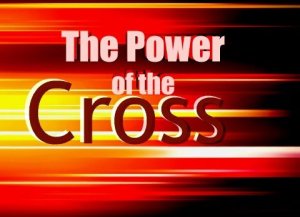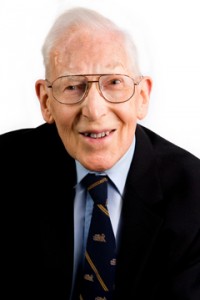The Empowered Christian Life, by J. I. Packer
Christians need God’s power in order to live the way he intended.

The Power of the Cross: The Biblical Place of Healing and Gift-Based Ministry in Proclaiming the Gospel
It is clear from the New Testament that the power of God is meant to accompany the gospel, and to find expression through its messengers and in the lives of those to whom the message comes.
Each December, Time magazine produces a set of light-hearted comments on the previous year. At the end of 1987, the editors were isolating the most overworked word of the year, the one most ready for retirement. The word they chose was “power,” as in “power lunch,” or “power tie.” I confess my mind ran to various uses of the word “power” in Christian circles that seemed similarly overwrought, and I agreed there was a strong case for retiring the word.
But then I thought again.
The Spirit In Action

J. I. Packer
During the past century, Christians have been very concerned about power. Have they been wrong to be concerned about it? Not altogether. In the middle and late 1800s, there was great concern to find “the path of power.” The path of power meant one’s ability to perform set tasks and overcome temptations. Was it wrong to seek the power of God for greater self-control and a richer practice of righteousness? Of course not. At the same time concern focused on being able, through the power of God, to impact others for God through preaching and witness. Was it right to be anxious lest one’s witness should be powerless? Of course it was right.
More recently, Christians touched by that movement known variously as Pentecostalism, charismatic renewal, and the third wave, are finding, if they can, the ability to channel supernatural demonstrations of God’s power in healings of all sorts: healings of the body, inner healing of the heart, exorcisms where there appears to be something demonic in a person’s life. Is it wrong that Christians are concerned about these things? Though I see various pitfalls, I cannot find it in my heart to say this is wrong. In my New Testament I read a great deal about such manifestations of the power of God—understood simply as “powers of the coming age” (Heb. 6:5) or, in other words, the Holy Spirit in action.
Category: Living the Faith, Pneuma Review, Winter 2008


